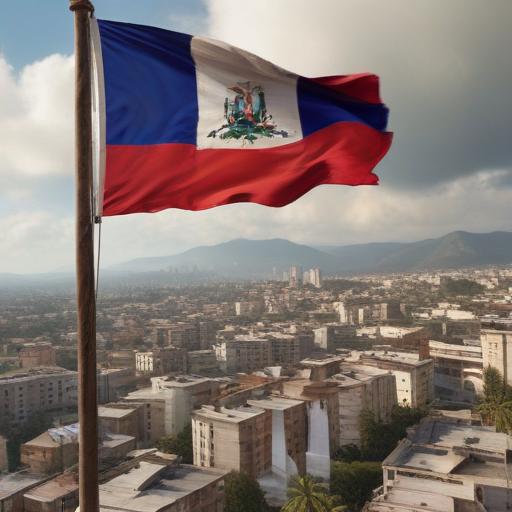Authorities in Haiti and advocates for Haitian immigrants are voicing deep concerns regarding the Trump administration’s decision to terminate Temporary Protective Status (TPS) for Haitian nationals residing in the U.S. The Department of Homeland Security announced that around 500,000 Haitians will be required to return to their homeland by September 2, despite the ongoing violence and instability in Haiti.
Len Gengel, a nonprofit leader in Haiti, described the situation as dire, labeling the country as “the most dangerous in the world.” He expressed concerns over the safety of those returning, emphasizing that Haiti is currently in a state of chaos, with rampant gang violence and extreme homelessness. Reports indicate that since March 2022, over 1,800 individuals have been kidnapped, and 8,200 have been killed due to escalating gang conflicts.
The country has been in turmoil since the assassination of President Jovenel Moïse in July 2021, and the lack of a stable government has allowed armed groups to gain control over large areas, particularly in the capital, Port-au-Prince. The United Nations has highlighted that more than 1.3 million people are homeless and that the condition of living for many has deteriorated, with a recent study indicating a 24% rise in displaced persons amidst this unrest.
DHS officials stated the environmental circumstances in Haiti have reportedly improved enough for safe returns, although they did not specify how these conditions have changed. This claim has been met with skepticism, as reflected by statements from North Miami councilwoman Mary Estimé-Irvin and other advocates who argue it contradicts the realities present on the ground.
Compounding fears for many Haitians is the broader travel advisory issued by the State Department, which warns against traveling to Haiti due to high risks of kidnapping and civil unrest. The anxiety of potentially being sent back to such an environment is palpable among those affected, with some referring to the decision as a “death sentence.”
Gengel, who has dedicated his life to assisting orphans in Haiti in memory of his late daughter, emphasizes how vital TPS has been for many – providing not just safety, but a chance for a better life away from violence and turmoil. The advocacy for these individuals is critical as the U.S. government works to navigate policy decisions impacting vulnerable populations.
The TPS program was created to offer refuge in times of crisis and is operated on a renewability basis, requiring individuals to maintain their legal status while living in fear of policy changes. This leads to uncertainty for those who depend on it for security in the face of extreme conditions.
The story of Haitian immigrants is a poignant reminder of the ongoing crises that many face, and the importance of advocacy and support on these pressing issues remains crucial as circumstances evolve.
